SuperEx丨Is Elon Musk Entering the Gamefi Field?He Hopes to Make Gamefi Rise Again Through AI!
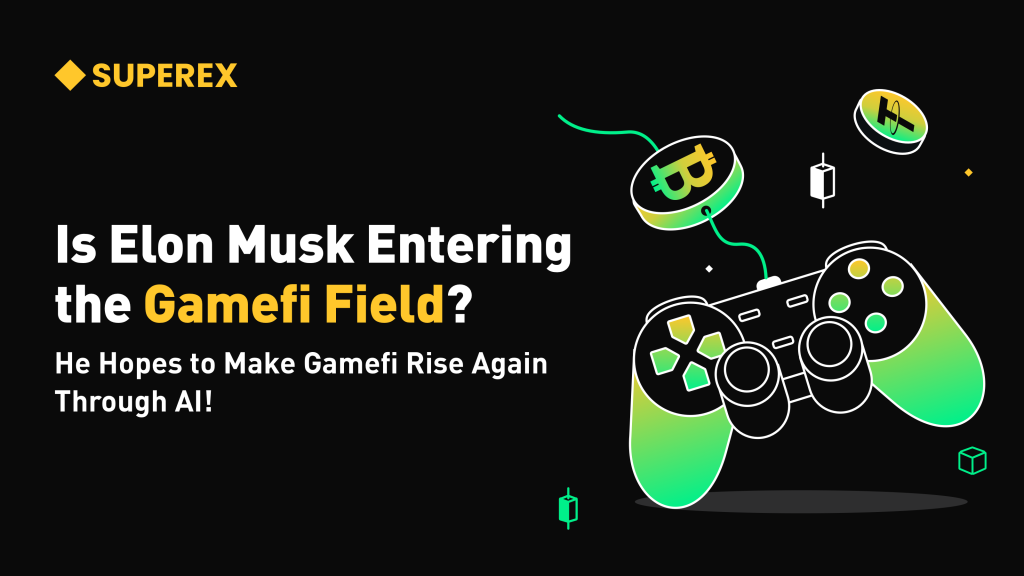
#SuperEx #ElonMusk #Gamefi
Elon Musk, known for his penchant for disruptive innovations, is at it again! This time, he’s leveraging his AI company, xAI, to establish a groundbreaking AI gaming studio. On November 29, Musk stirred the gaming and blockchain communities alike by sharing a post by Shibetoshi Nakamoto, creator of Dogecoin, critiquing the state of the gaming industry. Musk followed up with a serious declaration: he intends to “make games great again” by founding a studio driven by AI innovation. The announcement isn’t entirely unexpected, as Musk hinted at his interest last month by tweeting, “We need a gamer voting platform! Make games great again!” sparking early speculation about his potential foray into the gaming world.
- Click to register SuperEx
- Click to download the SuperEx APP
- Click to enter SuperEx CMC
- Click to enter SuperEx DAO Academy — Space
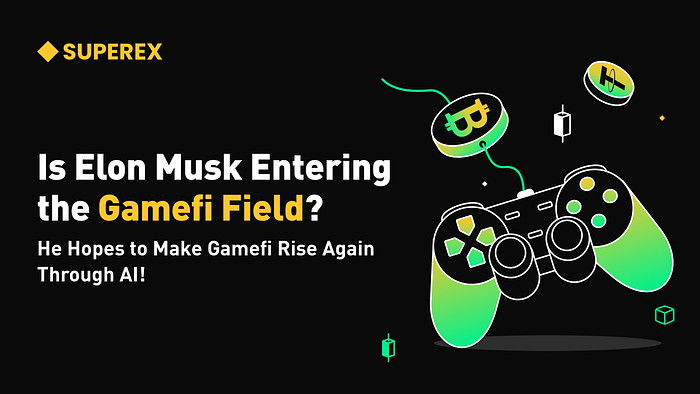
This news has sent ripples through the GameFi (Gaming Finance) industry, which has struggled in recent years to balance entertainment with its financial incentives. Blockchain-based games experienced explosive growth in the past but often prioritized tokenomics over gameplay, alienating many players. Musk’s plan to bring AI to the table promises to reinvigorate the sector by addressing these challenges head-on. With AI-driven content generation, the potential for hyper-personalized gaming experiences could attract a broader audience, including traditional gamers who have steered clear of GameFi’s finance-centric ecosystems. Musk’s studio is reportedly focused on creating a decentralized platform where players, rather than developers, hold the reins of decision-making and asset management.
On the technical front, xAI’s formidable infrastructure lends significant credibility to Musk’s vision. Its Colossus supercomputer, equipped with 100,000 Nvidia GPUs, provides unmatched computing power for creating expansive game worlds, dynamic storylines, and engaging AI characters. This could redefine how games are developed and played, offering gamers an experience that evolves based on their interactions. Additionally, Musk’s team aims to integrate blockchain technology, enabling immutable asset ownership, transparent transactions, and fair economic models. This could address long-standing grievances in the gaming industry, where publishers often exert disproportionate control over game economies and digital assets.
The market has responded enthusiastically to Musk’s announcement. Within hours of his tweet, GameFi-related tokens experienced sharp price increases. For example, Axie Infinity’s AXS token surged by 20%, while tokens from projects like The Sandbox and Decentraland also saw double-digit growth. This bullish trend reflects renewed investor confidence in GameFi’s potential, driven by Musk’s entry and the expected synergy between AI and decentralized technologies. His reputation for turning ambitious concepts into successful ventures, as seen with Tesla and SpaceX, adds significant weight to these expectations.
Despite the optimism, Musk’s vision faces significant hurdles. For one, the legal landscape surrounding AI-generated content remains murky. Questions about intellectual property and accountability could complicate the rollout of AI-driven games. Furthermore, the balance between financial incentives and playability remains a critical issue. Many blockchain games faltered because they prioritized speculative gains over enjoyable gameplay. Musk’s studio must navigate this delicate balance to win over both gamers and investors. Another challenge lies in implementing the decentralized decision-making Musk envisions. While blockchain offers transparency, ensuring equitable participation without empowering a select few “whale” players will require innovative governance solutions.
Nevertheless, Musk’s announcement has ignited new hope for GameFi. With AI’s ability to generate content on a scale and complexity unattainable by human developers alone, the possibilities are vast. Games could offer players unique, personalized narratives while maintaining robust economic systems powered by blockchain. For instance, AI-generated missions tailored to individual playstyles could coexist with a marketplace where players trade assets seamlessly across platforms. Such innovations could elevate GameFi beyond its current niche status, making it a mainstream form of entertainment.
Musk’s foray into GameFi also has broader implications for the gaming industry as a whole. If his studio delivers on its promises, it could push traditional developers to adopt similar technologies, accelerating the convergence of AI and blockchain. This shift could redefine how games are funded, developed, and distributed, creating a more inclusive and player-driven ecosystem. At the same time, increased competition could force existing GameFi projects to innovate, benefiting the industry as a whole.
In conclusion, Elon Musk’s entry into GameFi through xAI is poised to reshape the sector, injecting fresh energy and innovation. While challenges such as legal uncertainties and economic balance remain, Musk’s track record and the technological prowess of xAI suggest that these obstacles are surmountable. For developers and investors, this moment marks a pivotal opportunity to engage with a revitalized GameFi ecosystem. Whether Musk succeeds in his mission to “make games great again” remains to be seen, but his involvement has undeniably shifted the narrative and expectations for what GameFi can achieve.


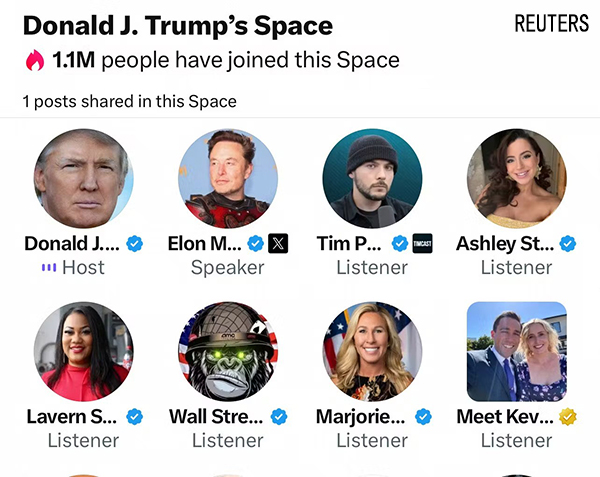

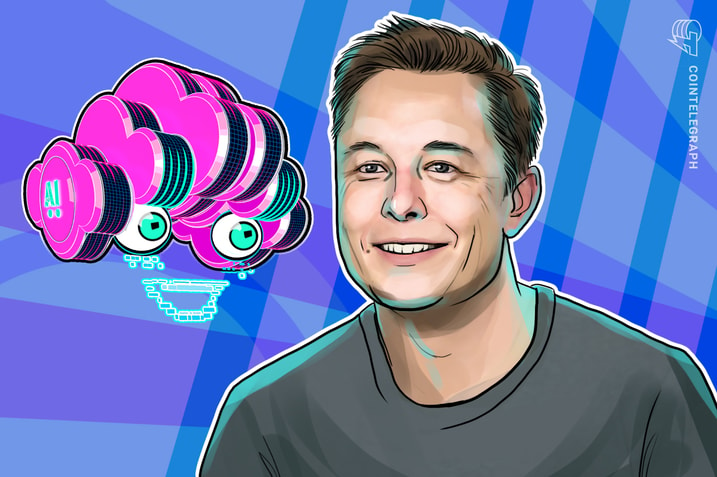

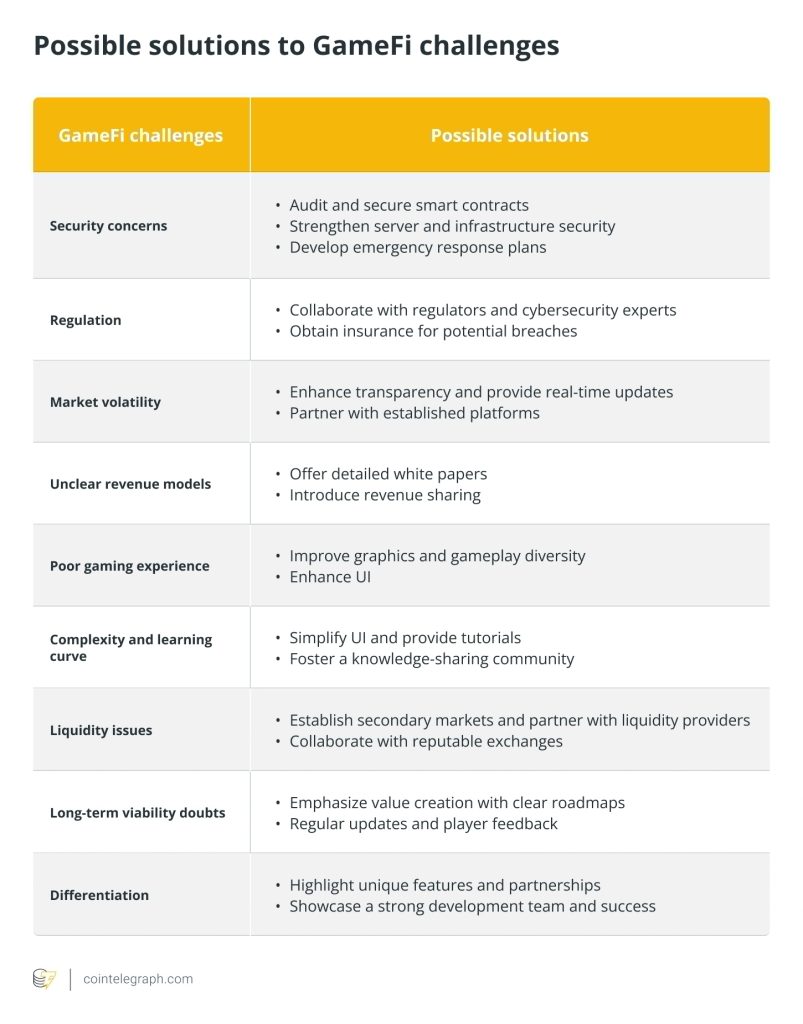
Responses